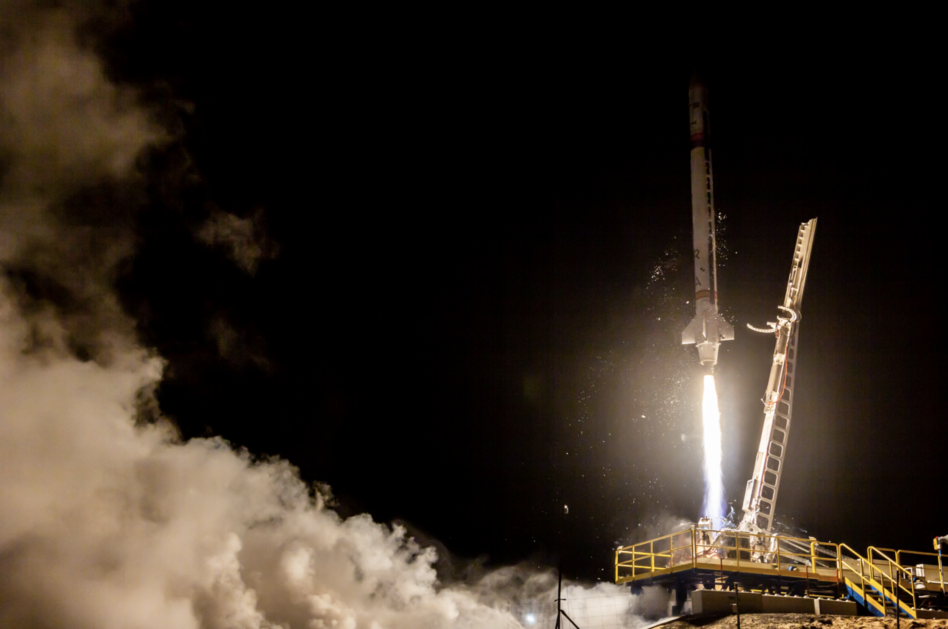PLD Space, a Spanish rocket startup, successfully launched its Miura-1 suborbital rocket on Saturday. The vehicle flew for 306 seconds and reached an altitude of 46 km—well short of its intended apogee of 80 km.
Cofounder Raúl Torres explained that they adjusted the trajectory due to safety considerations. Instead of optimizing for height, PLD opted to launch the rocket further over the Atlantic to mitigate potential risks in the event of a malfunction.
The vehicle hit maxQ and reached a microgravity environment before deploying its parachute. The company failed to fish this rocket out of the ocean, though the vehicle is designed to be recovered and reused.
Bullish: PLD has been developing its Miura launch vehicle—named after a type of Spanish fighting bull—since 2011. Miura-1 is supposed to pave the way for Miura-5, its next-gen orbital and partially reusable rocket that’s expected to launch for the first time in 2025.
“We developed Miura-1 as a stepping stone to accelerate the technological advancement of Miura-5. With this mission’s success, our team is poised to rapidly progress towards the inaugural flight of Miura-5—our ultimate goal,” the company said in a press release.
European private launch: Vega-C and Ariane 6 delays and cost overruns, and the resulting launch capacity void, highlight the need for reliable commercial launch alternatives in Europe. Other European rocket startups racing to reach orbit include Orbex, Rocket Factory Augsburg, HyImpulse, Skyrora, and Isar.




